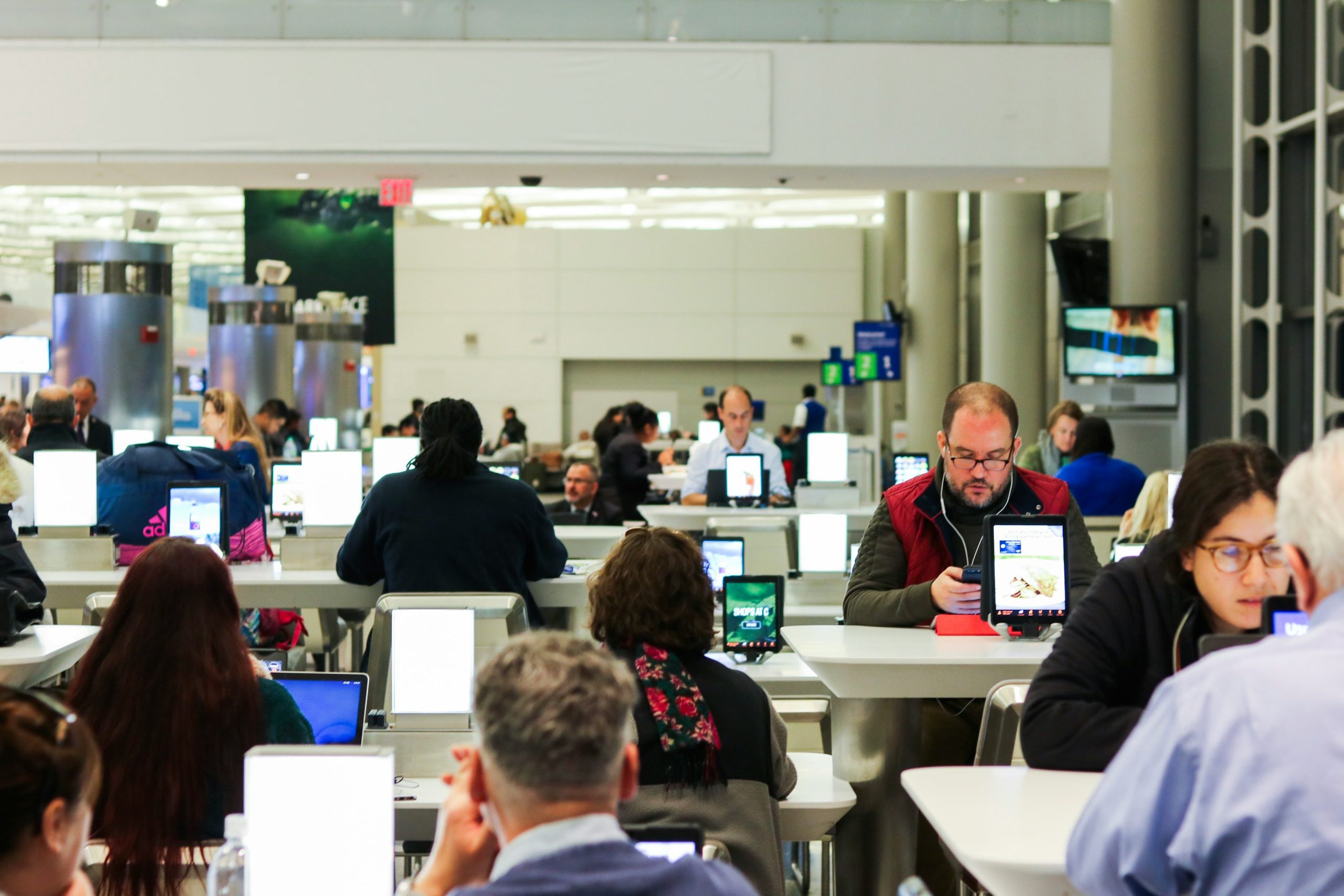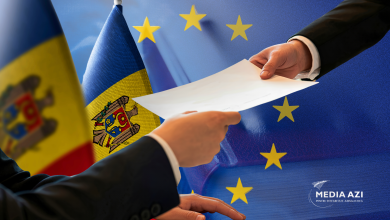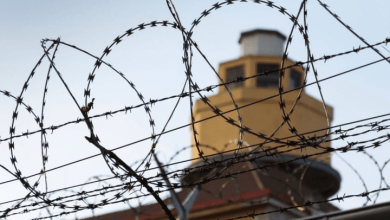IDIS Study // The most pressing issues facing the media in the Republic of Moldova in 2024

Mihaela Ciobanu
In 2024, the press in the Republic of Moldova faced a series of problems, ranging from acts of intimidation and harassment of journalists to funding difficulties and a decline in the quality of journalism, caused by a combination of interdependent factors. The main vulnerabilities of the media landscape in the Republic of Moldova are highlighted in the study “100 Most Pressing Problems. Republic of Moldova 2024”, launched on Thursday, November 6, by the Institute for Development and Social Initiatives “Viitorul” (IDIS).
HARASSMENT AND INTIMIDATION OF JOURNALISTS
The analysis reveals that harassment and intimidation of journalists have become increasingly frequent phenomena in the Republic of Moldova, especially during 2024. In an electoral context marked by political polarization and social tensions, numerous journalists and independent media outlets were subjected to denigration campaigns, verbal attacks, and even direct pressure from representatives of the political class or public authorities. In 2024, journalists in the Republic of Moldova were being subject to multiple forms of harassment – from vandalism of the Teleradio-Moldova headquarters and attempts to restrict the press, to discrediting campaigns, physical assaults, and illegal detentions in the Transnistrian region.
“Harassment and intimidation of journalists are expected to continue to increase, especially during election periods or in the context of political conflicts. Restrictive regulations and online attacks could lead to more self-censorship and worsening working conditions for independent media. In addition, local authorities could implement additional measures to control and limit the activity of the press in vulnerable regions controlled by criminal groups,” the authors of the analysis predict.
FINANCING DEFICIT IN THE MEDIA SECTOR
The study shows that in 2024, the independent press continued to face major economic difficulties, particularly due to the advertising crisis and dependence on external funding, and that these conditions “limited the ability of newsrooms to recruit qualified staff and hindered the development of a balanced and sustainable media environment.”
According to IDIS, insufficient funding for the media is determined by factors such as the war in Ukraine and the global economic crisis, dependence on external financial sources, rising distribution costs, the lack of an effective legislative framework and a competitive advertising market, as well as political partisanship and political influences on media institutions.
“In this precarious financial context, there has been a decline in the quality of journalism, reflected in reduced election coverage, as the lack of funds has limited the ability of newsrooms to produce relevant and public interest content,” the experts note.
POLITICAL INFLUENCE
The research also highlights that the press in the Republic of Moldova continues to face constant pressure from the authorities and attacks from the political sphere, especially during election periods. Recent government regulations, including new mechanisms for suspending broadcasting licenses, have been criticized by organizations that defend press freedom, as they are perceived as a threat to journalistic independence and information transparency.
“Discrediting campaigns, verbal attacks by political actors, and hostile rhetoric against the press have contributed to the deterioration of the image of independent journalism in the eyes of the public. In this tense climate, self-censorship has increased, and more and more journalists have chosen to avoid sensitive topics for fear of reprisals or legal sanctions. At the same time, restrictive regulations and a lack of transparency in decision-making processes have been perceived as direct threats to informational pluralism,” the study says.
The authors of the analysis warn that, in the long term, these trends could lead to a significant decline in public trust in information sources and a deterioration in the overall climate of press freedom. In the absence of effective measures by the authorities to protect press freedom and media pluralism, there is a risk of increased manipulation and censorship, which would undermine democracy and transparency in the Republic of Moldova.
DETERIORATION OF THE QUALITY OF JOURNALISM
According to the authors, the quality of journalism in the Republic of Moldova declined in 2024, against a backdrop of insufficient pluralism, political interference, and the financial precariousness of media institutions.
The study indicates that one of the main factors affecting the quality of journalism in the Republic of Moldova is the low level of professional specialization of journalists. In many small newsrooms, the lack of financial and human resources forces reporters to cover a wide range of topics—from politics and economics to education and health—without adequate training in these areas. This lack of specialization is reflected in a superficial approach to complex topics and a real difficulty in providing the public with in-depth and documented analyses of socio-political phenomena in the Republic of Moldova.
At the same time, data shows that the phenomenon of “copy-paste journalism” and the superficial reproduction of news without minimal verification of information has favored the spread of misinformation in the public sphere, affecting the public’s accurate perception of reality and diminishing trust in media institutions.



